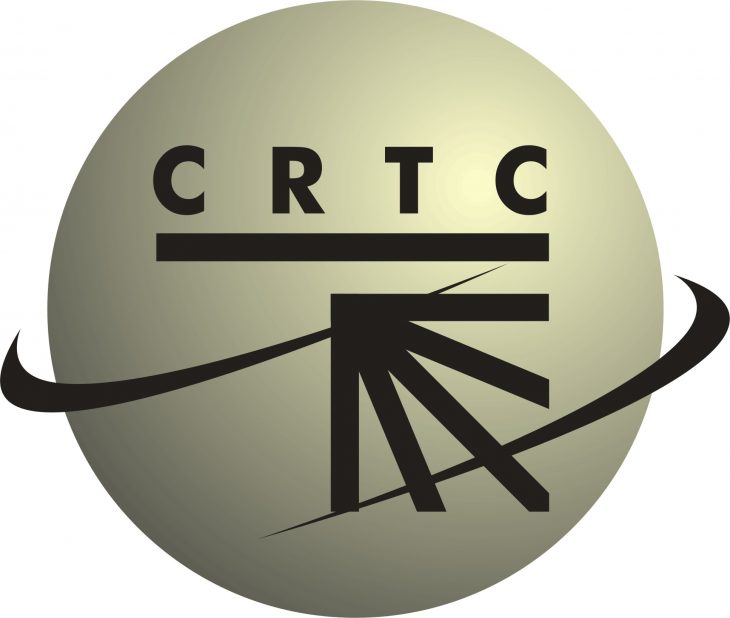
OTTAWA-GATINEAU — The CRTC is amending its Rules of Practice and Procedure to remove the requirement to publish notices of consultation for broadcast licence renewal applications. The amendments also take into account amendments made to the Telecommunications Act and clarify that the Rules of Procedure do not apply to the Canadian anti-spam legislation.
These amendments will be published in the Canada Gazette, Part II, and will come into force on the date of their registration, the CRTC said in its Broadcasting and Telecom Regulatory Policy CRTC 2015-357 decision on Thursday.
The proposed amendments to the Rules of Procedure would make the following changes:
- remove the requirement to publish notices of consultation for licence renewal applications set out in section 53 of the Rules of Procedure in order to allow the Commission to process renewal applications under the rules relating to applications set out in Part 1 of the Rules of Procedure;
- exclude from the application of the Rules of Procedure proceedings arising from the new general administrative monetary penalty regime, unless the penalty is imposed in a decision in the course of a proceeding before the Commission under the Telecommunications Act; and
- clarify that the Rules of Procedure do not apply to the Canadian anti-spam legislation.
In its policy decision, the CRTC clarified that notifications of licence renewal applications received will continue to be published in the Canada Gazette as required by the Broadcasting Act. In addition, renewal applications will continue to be published on the Commission’s website and the public will have an opportunity to submit interventions.
As indicated in Broadcasting Information Bulletin CRTC 2015-116, the Commission will publish notices of consultation calling for the submission of licence renewal applications in the spring of each year. The notices will include a list of licences expiring in the following broadcast year and provide instructions on how and when licensees must submit their licence renewal applications. The public will therefore be informed early in the process of the applications that will be filed within the next year, the CRTC said.
In cases where the licensee is in apparent non-compliance, a note on the CRTC’s website will identify the Commission’s concerns. The public will then have an opportunity to file interventions. In addition, the Commission said it will continue to issue notices of consultation for applications that raise important issues, such as serious and repeated non-compliance by the licensee.
“The new process provides more notice to the public of licence renewal applications than the previous process by providing two opportunities to find out about licence renewal applications. Notice to the public is given when the notice of consultation calling for applications is published and when the applications received are published,” the CRTC wrote in its policy decision.



